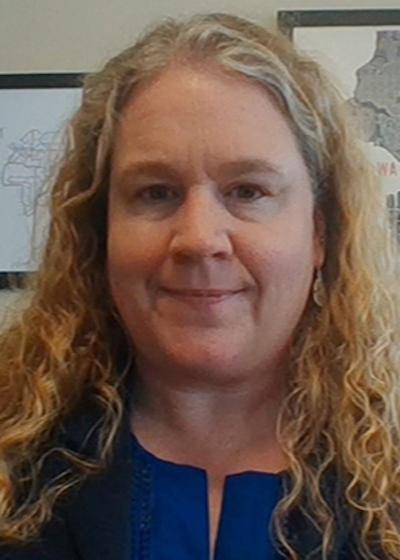I am a health geographer and demographer with training in public health and public policy. My research focuses on how place-based inequities produce and reinforce health disparities and how to alleviate those disparities. In my interdisciplinary work, I seek to understand contexts of health and place as foundational to perpetuating health disparities, as well as opportune for promoting health, through social engagement, built and natural environments, and multi-level policy infrastructures. In particular, I currently study (1) neighborhood inequities and stress, and the potentials for urban planning strategies as means of mitigation; and (2) substance use and landscapes of addiction using demographic, geospatial, and mixed research methods.
I have designed and implemented numerous studies involving primary data collection, including probabilistic household surveys of hard-to-reach populations, ecological momentary assessment studies, observational studies, and community-based participatory research projects.
Studies in which I am currently engaged are listed below.
- 2014-2020 Bay Area Young Adult Health Panel Study
- Geographic disparities in opioid use disorder, overdose, and access to treatment
- Longitudinal Evaluation of the 2022 Opioid Settlement Funding Impacts in Pennsylvania
- Monongahela Valley Community Environmental Assessments for Healthy Living
My work has been funded by the National Cancer Institute, National Center for Minority Health and Health Disparities, Centers for Disease Control and Prevention, FDA Tobacco Centers of Regulatory Science, California Tobacco-Related Disease Research Program, and the California Endowment, among others.
Prior to joining Penn State, I was an assistant professor of geography at the State University of New York at Binghamton from 2016-2020. I completed a postdoctoral fellowship at the University of California San Francisco in the Center for Tobacco Control Research & Education, and the Department of Medicine from 2013-2016. I earned my Ph.D. in geography at the University of Southern California in 2013.




